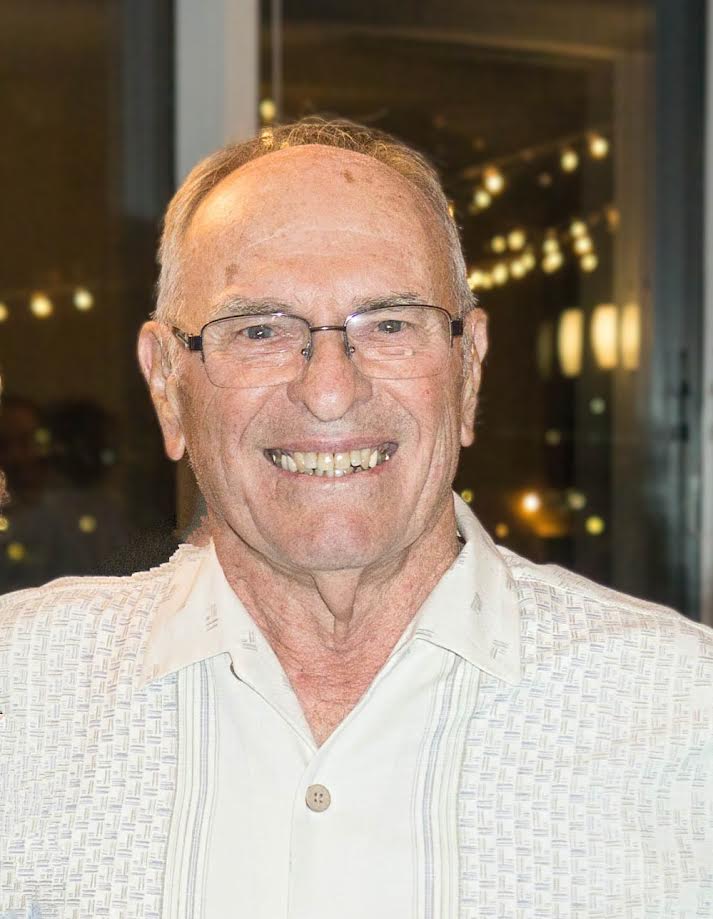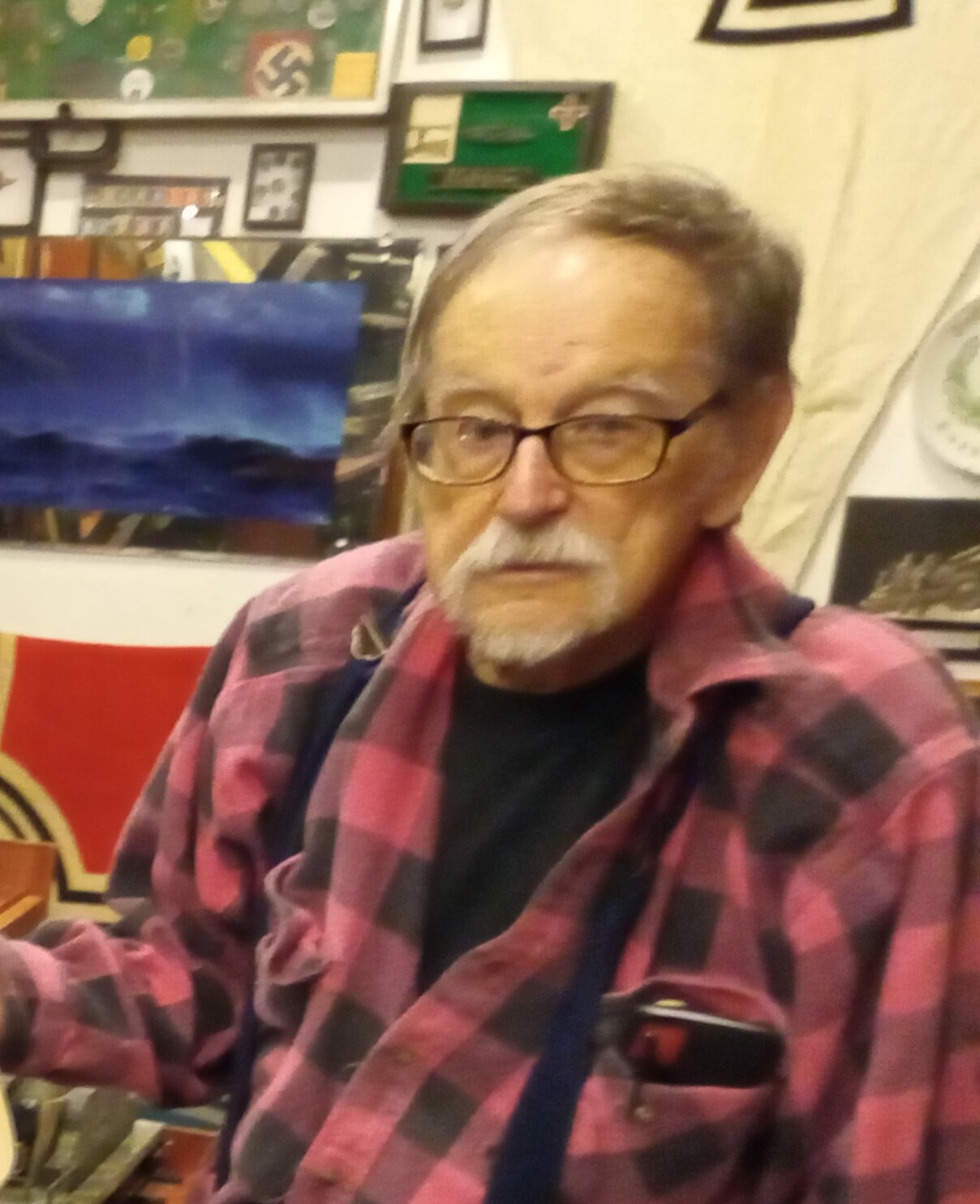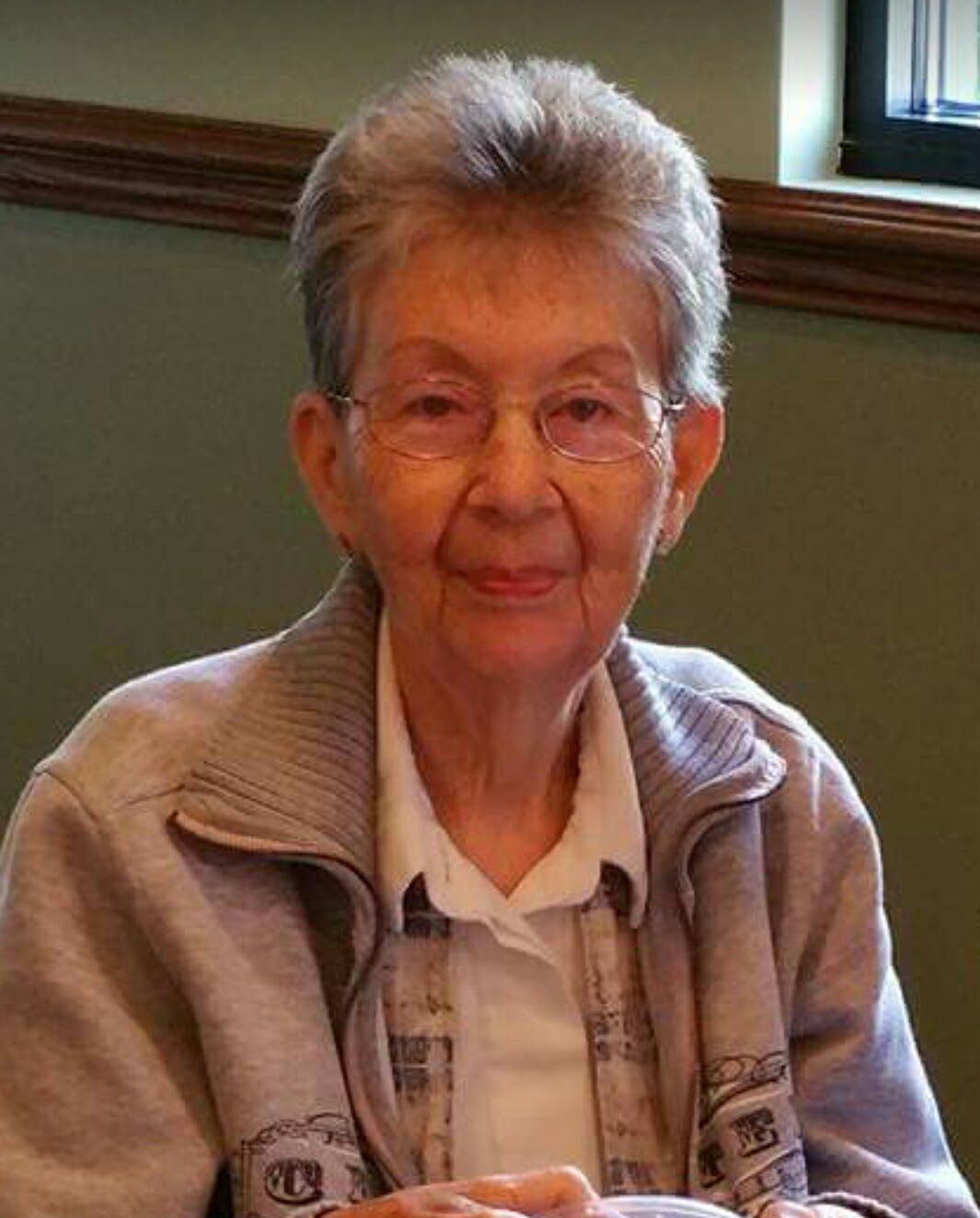Lt. Gov. Suzanne Crouch and the Indiana Housing and Community Development Authority (IHCDA) have awarded a total of $3,072,403 to three projects in nine counties focused on combating rural homelessness.
One of those projects is in Starke County.
Earlier this month, the U.S. Department of Housing and Urban Development (HUD) announced funding for the Supplemental Rural and Unsheltered Homelessness Notice of Funding Opportunity. This funding will be available over the next three years. Each of these projects leveraged housing resources through a collaborative application for Housing Stability Vouchers to HUD in partnership with IHCDA.
“These funds will help local partners serve those in their communities who are experiencing homelessness,” said Lt. Governor Suzanne Crouch, Indiana's Secretary of Agriculture and Rural Development. “These projects signify a collaborative step towards our long-term goal to end homelessness in the state of Indiana.”
Among the projects awarded funding is the Porter Starke Services Permanent Supportive Housing. This new supportive housing project will serve up to 10 one-bedroom households, with five of them receiving a subsidy from CoC funding and five receiving a subsidy from HUD through the Housing Stability Voucher program. The project will focus on providing housing to disabled individuals experiencing chronic homelessness, and will be the first supportive housing project located in Starke County.
$925,532 was awarded to the project.
“Our community partners will be able to utilize these funds as they provide localized assistance for our most vulnerable neighbors,” said Jacob Sipe, executive director of IHCDA. “This funding helps fill the gaps to improve outcomes for people facing housing instability.”
These grants and vouchers combine to create an innovative package of resources to help communities provide housing and supportive services to people in unsheltered settings and people experiencing homelessness in rural areas. Applicant communities were asked to develop a comprehensive approach to addressing unsheltered and rural homelessness that involves coordination with health care providers, other housing agencies such as public housing authorities, and people with lived experience.









